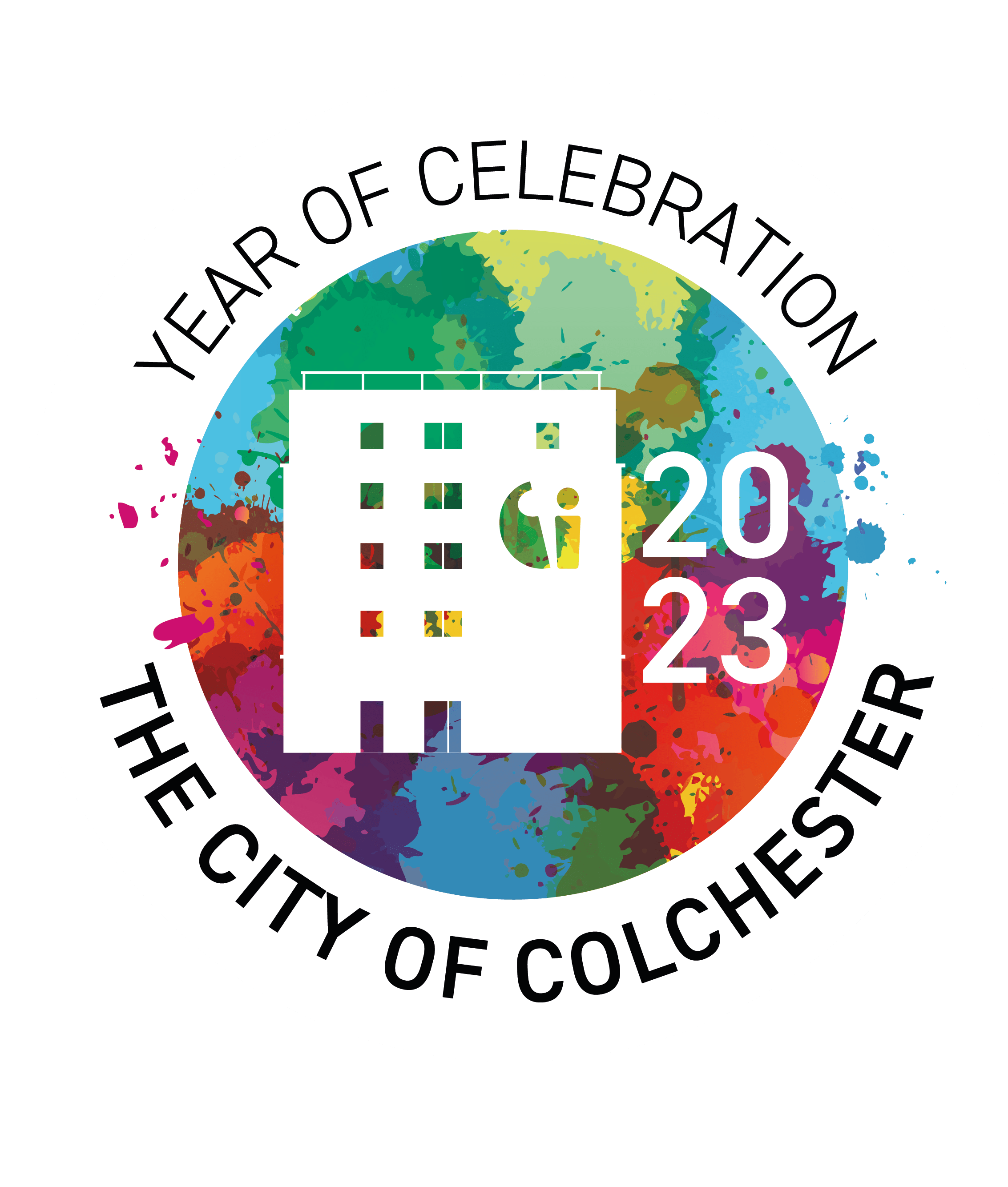Timetables: Timetables are normally available one month before registration. Please note that while we make every effort to ensure that timetables are as student-friendly as possible, scheduled teaching can take place on any day of the week. Where possible we will look to schedule timetabled sessions for full-time courses over two days per week, and part-time courses over one day per week.
Teaching and Learning: You are taught through a combination of lectures, seminars and practicals. Seminars enable smaller group discussions to develop understanding of topics covered in lectures.
When not attending lectures, seminars and practicals or other timetabled sessions you will be expected to continue learning independently through self-directed study. Typically, this will involve reading journal articles and books, working on individual and group projects, undertaking research in the library, learning zone or technical learning resources, preparing coursework assignments and presentations, and preparing for examinations
Assessment: The course provides you with opportunities to test your understanding of the subject informally before you complete the formal assessments that count towards your final mark. Each module normally contains at least one piece of practice or ‘formative’ assessment for which you receive feedback from your tutor. Practice assessments are developmental and any grades you receive for them do not count towards your module mark.
There is a formal or ‘summative’ assessment at the end of each module. Assessment methods include written examinations and a range of coursework assessments such as essays, reports, portfolios, performance, presentations and your final year major project. The grades from formal assessments count towards your module mark.
Feedback: You will receive feedback on all practice assessments and on formal assessments undertaken by coursework. Feedback is intended to help you learn and you are encouraged to discuss it with your module tutor.












